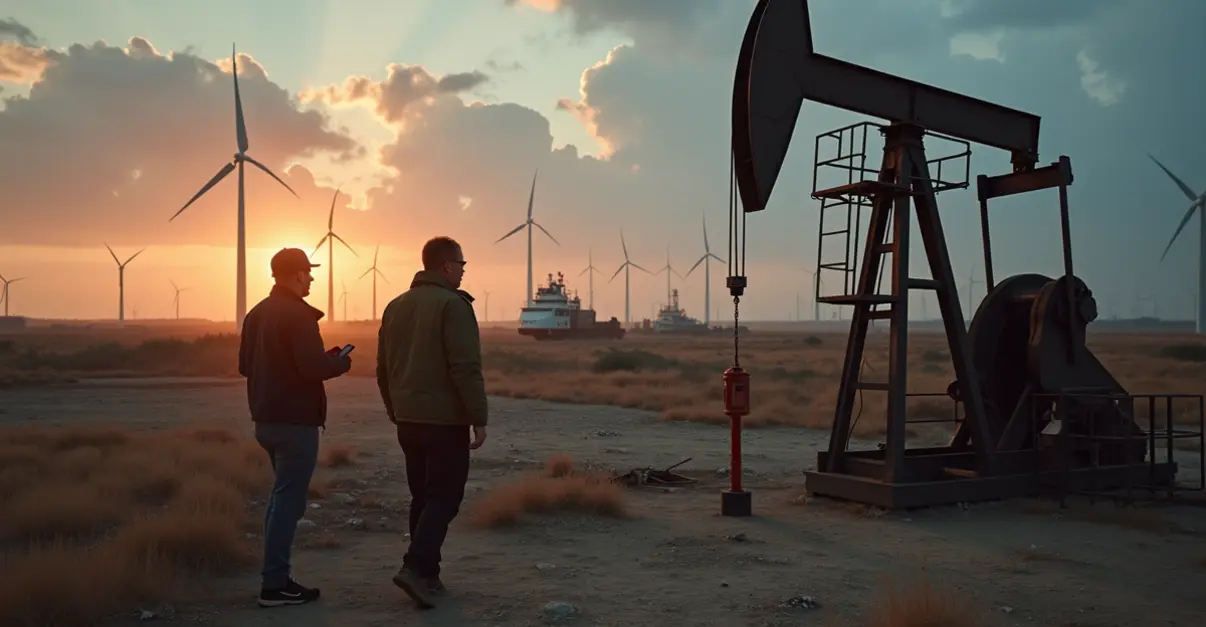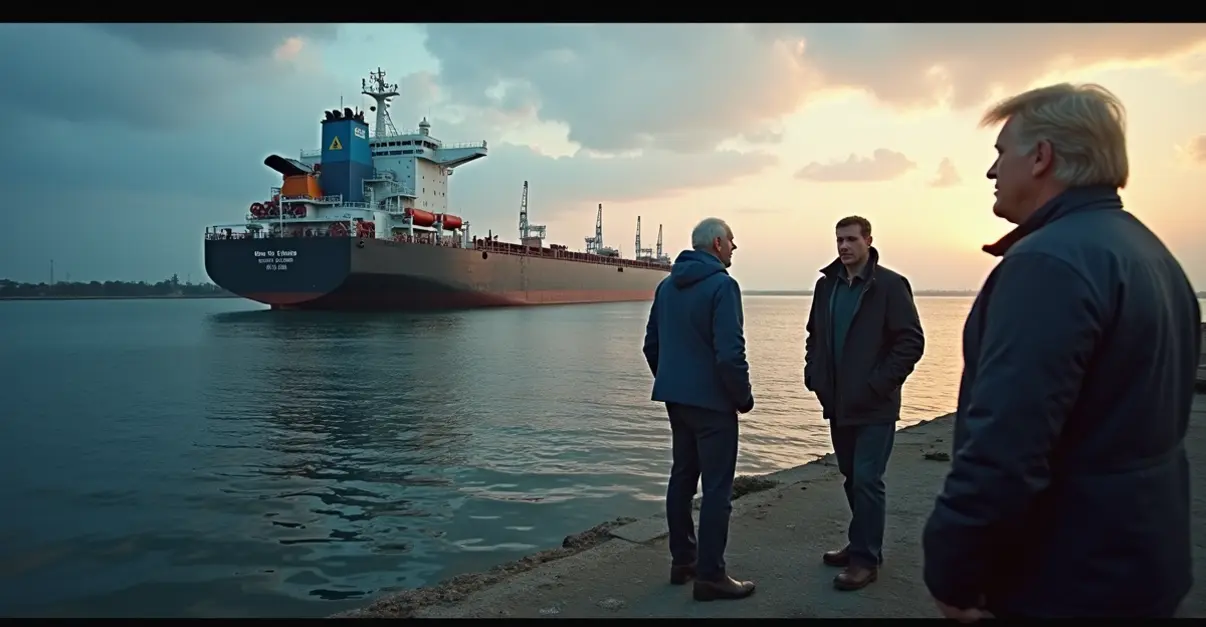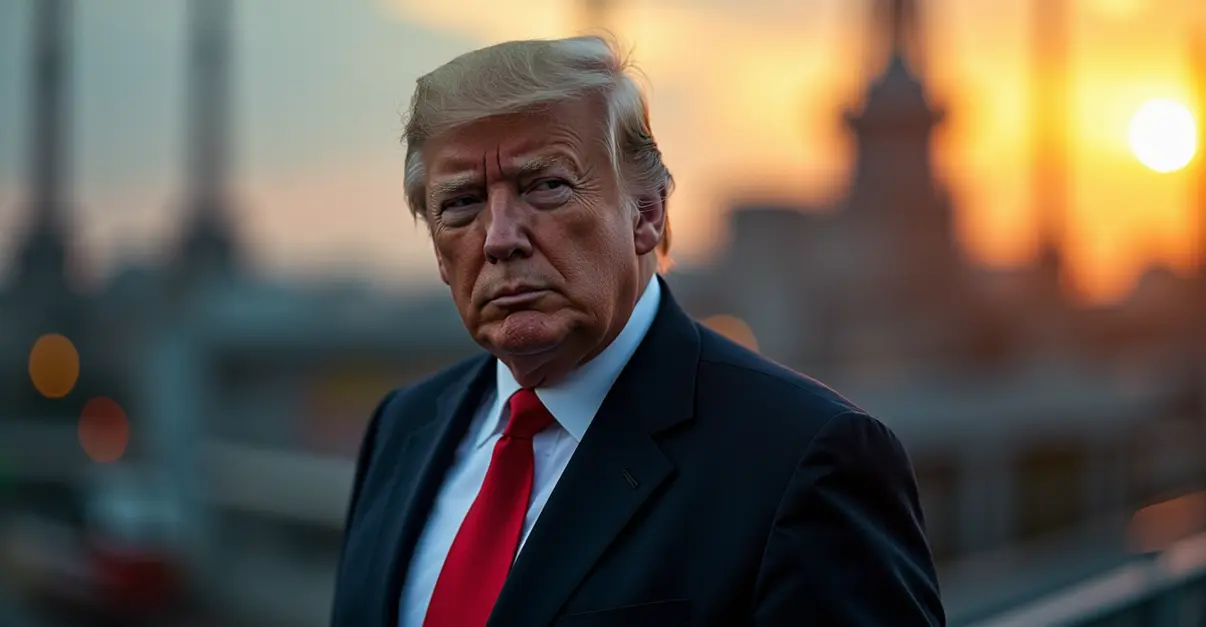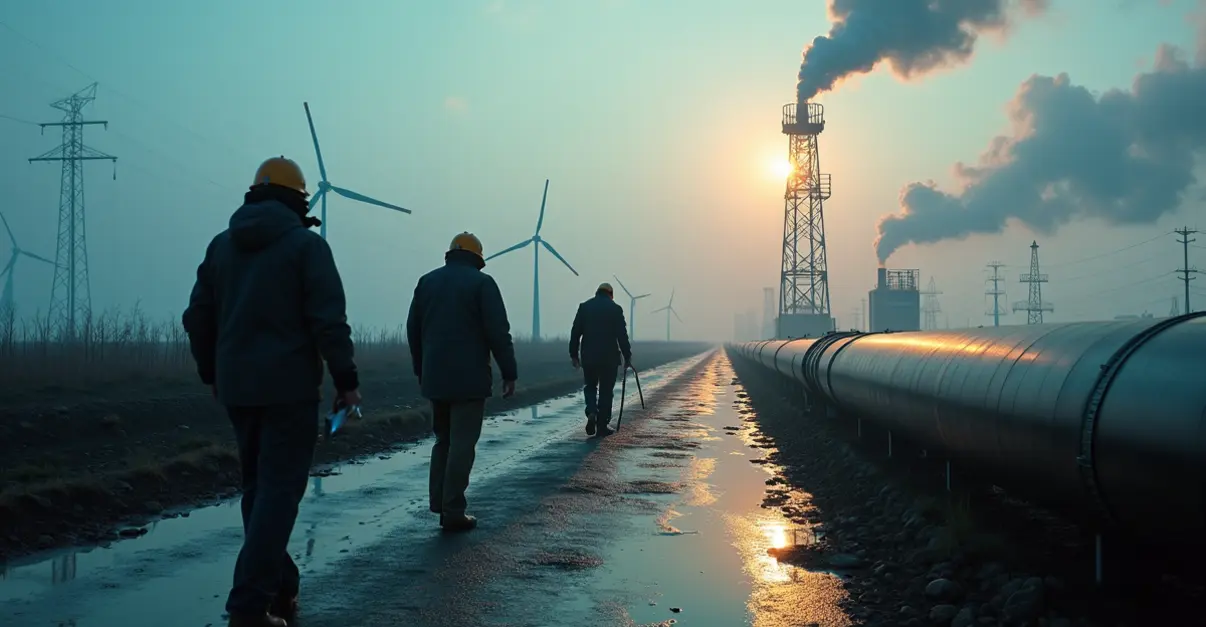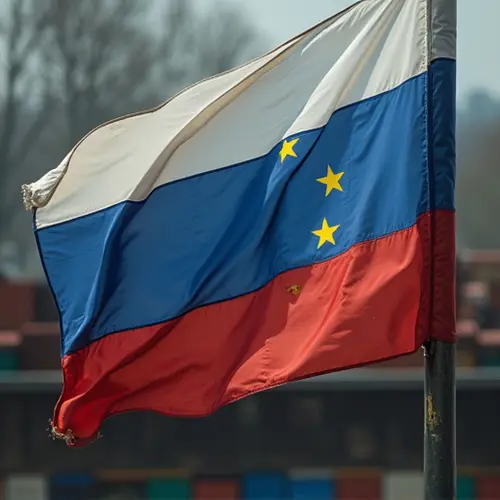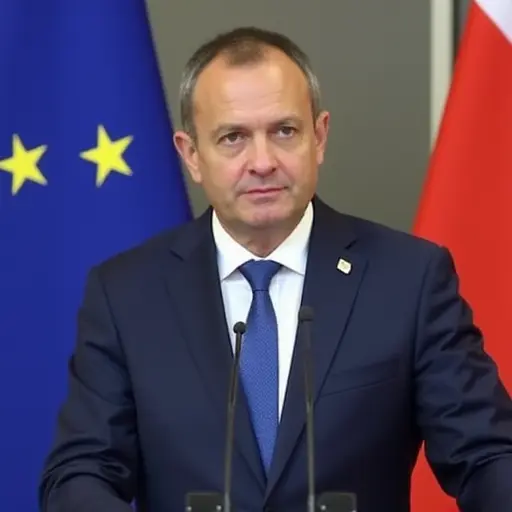EU countries paid Russia €21.9B for fossil fuels in 2024, more than aid to Ukraine. While Russian oil imports dropped from 30% to 2%, exceptions remain for Hungary and Slovakia. EU plans full ban by 2028.
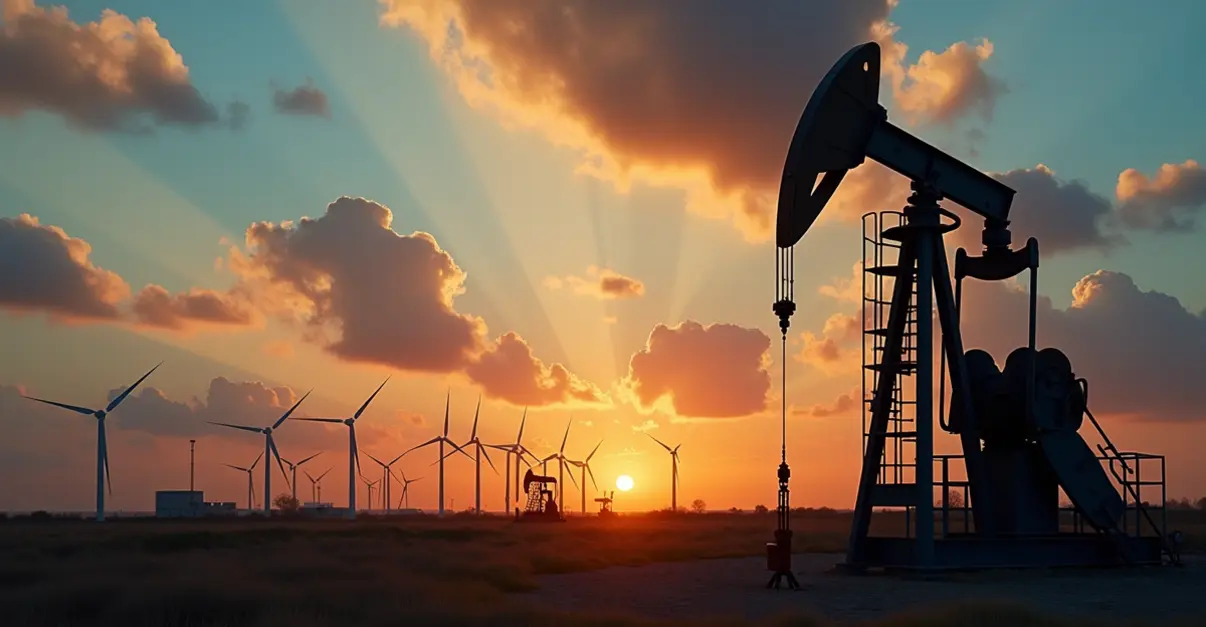
Europe's Continued Energy Payments to Russia
Three and a half years after Russia's full-scale invasion of Ukraine, European Union countries continue to send billions of euros to Moscow for oil and gas imports, creating a paradoxical situation where the bloc is funding both sides of the conflict. According to data from the Centre for Research on Energy and Clean Air, the EU spent €21.9 billion on Russian fossil fuels in 2024 - a figure that actually exceeded the €18.7 billion in financial aid sent to Ukraine during the same period.
The Dramatic Reduction in Russian Oil Imports
The EU has made significant progress in reducing its dependence on Russian energy since the invasion began. Back in early 2021, nearly 30% of oil consumed in the EU came from Russia. By mid-2025, this figure had plummeted to just 2% thanks to comprehensive EU sanctions and an oil import ban. 'The reduction in Russian oil imports represents one of the most successful energy policy shifts in modern European history,' says energy analyst Maria Schmidt.
Exceptions and Loopholes
However, significant exceptions remain. Hungary, Slovakia, and until recently the Czech Republic were granted exemptions to continue importing Russian oil. While the Czech Republic successfully cut ties this year, Hungary and Slovakia maintain that switching suppliers would be prohibitively expensive, despite Croatia's offer to supply them with oil via the Adria pipeline. 'We cannot simply turn off the taps without risking economic collapse,' argues Hungarian Energy Minister Zoltán Nagy.
The Shadow Fleet Problem
Russia has developed sophisticated methods to circumvent sanctions, including using a 'shadow fleet' of 558 tankers that transported 61% of Russia's seaborne oil exports worth €83 billion. This circumvention strategy has allowed Russia to maintain significant revenue streams despite official sanctions.
EU's 2028 Phase-Out Plan
The European Commission has announced ambitious plans to ban all Russian gas and oil imports by 2028. According to the European Parliament briefing, the proposal includes no new contracts after 2026, short-term contracts ending by June 2026, and long-term contracts banned from 2028. This would finally include Hungary and Slovakia in the comprehensive ban.
Political Challenges Ahead
These measures still require approval from the European Parliament and at least 15 of the 27 EU member states representing 65% of the bloc's population. The plan has cleared its first political hurdle, but significant challenges remain. 'This is not just about energy security, it's about European sovereignty and our commitment to democratic values,' states European Commission President Ursula von der Leyen.
Economic and Security Implications
The continued energy payments have raised serious questions about the effectiveness of EU sanctions and the bloc's ability to maintain a unified front against Russian aggression. Energy experts estimate that stronger sanctions targeting Russian circumventions could slash Kremlin revenues by €51 billion annually - a 22% reduction that would significantly impact Russia's ability to fund its war efforts.
As the conflict continues into its fourth year, the EU faces increasing pressure to accelerate its energy transition while maintaining economic stability across member states. The coming months will be crucial in determining whether Europe can finally sever its energy ties with Moscow and demonstrate true energy independence.

 Nederlands
Nederlands
 English
English
 Deutsch
Deutsch
 Français
Français
 Español
Español
 Português
Português




